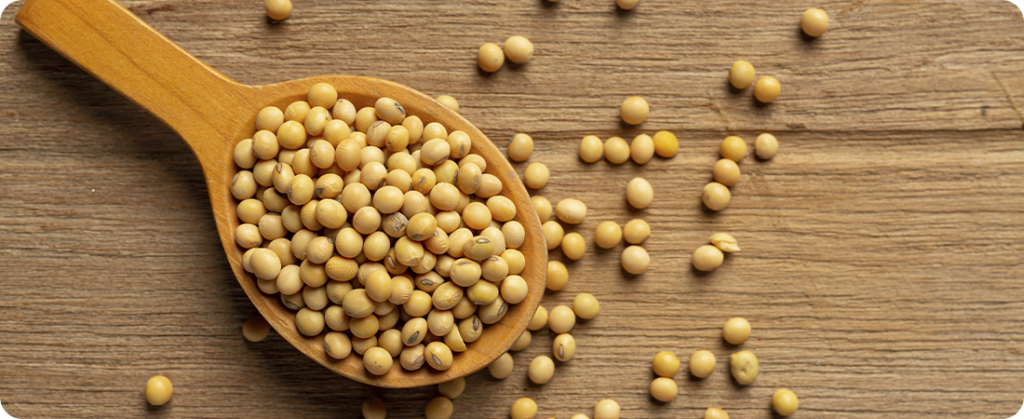
According to a survey by the Brazilian Association of Vegetable Oil Industries (ABIOVE), the total oilseed processing capacity this year reached 69.2 million tons, a volume 5.6% higher than that recorded in 2022 (65.5 million tons ).
Still compared to the previous year:
- Number of processing companies increased from 62 to 63;
- Growth in industrial processing units from 122 to 129;
- Increase in active plants from 95 to 106 units;
- Reduction of stopped plants from 27 to 22 units;
- Increase of 5.5% in total daily processing capacity, registering 209,632t/day.
Furthermore, the processing capacity in active plants in 2023 was 193,928/day (+10.4% compared to 2022) and in stopped plants 15,704t/day (-31.1%).
Regional analysis of oilseeds
At the regional level, the research points to a considerable increase in active processing capacity in the Central-West, from 84,682t/day in 2022 to 92,790t/day this year. The region is responsible for 44.3% of the total processing of oilseeds in Brazil.
By state, the capacity of active plants in Mato Grosso stands out, which went from 45,629t/day last year to 49,204t/day. It is worth mentioning that 23.5% of the country's processing capacity is in Mato Grosso.
ABIOVE's research also provides refining and packaging data, namely:
Number of companies remains at 32;
Industrial units fell from 61 to 59 units;
Similarly, active plants remain at 49, while stopped plants fell from 12 to 10 units.
On the other hand, there was an increase of 8.7% in refining capacity in active plants, reaching 19,822t/day.
However, there was a reduction of -7.3% in refining capacity in stopped plants, reaching 2,550t/day.
However, it is important to highlight that total refining capacity increased to 22,372t/day (+6.6%).
In summary, the situation of companies and industrial units in the refining sector has ups and downs. However, there is an overall increase in refining capacity, which is a positive aspect for the industry. Therefore, it is essential to closely monitor trends and developments in the market.
However, total filling capacity showed a slight drop to 13,845t/day (-0.9% when compared to 2022). In active plants it increased by 12,745t/day (+4.8%) and in stopped plants it decreased by 1,100t/day (-38.9%).
Finally, according to ABIOVE's survey of companies in the sector and which also includes communications already made to the market, investments of around R$ 6 billion are planned in the vegetable oil industry next year, which should bring an increase of capacity estimated at 19,000t/day.
Source: Abiove | Notícias Agrícolas










